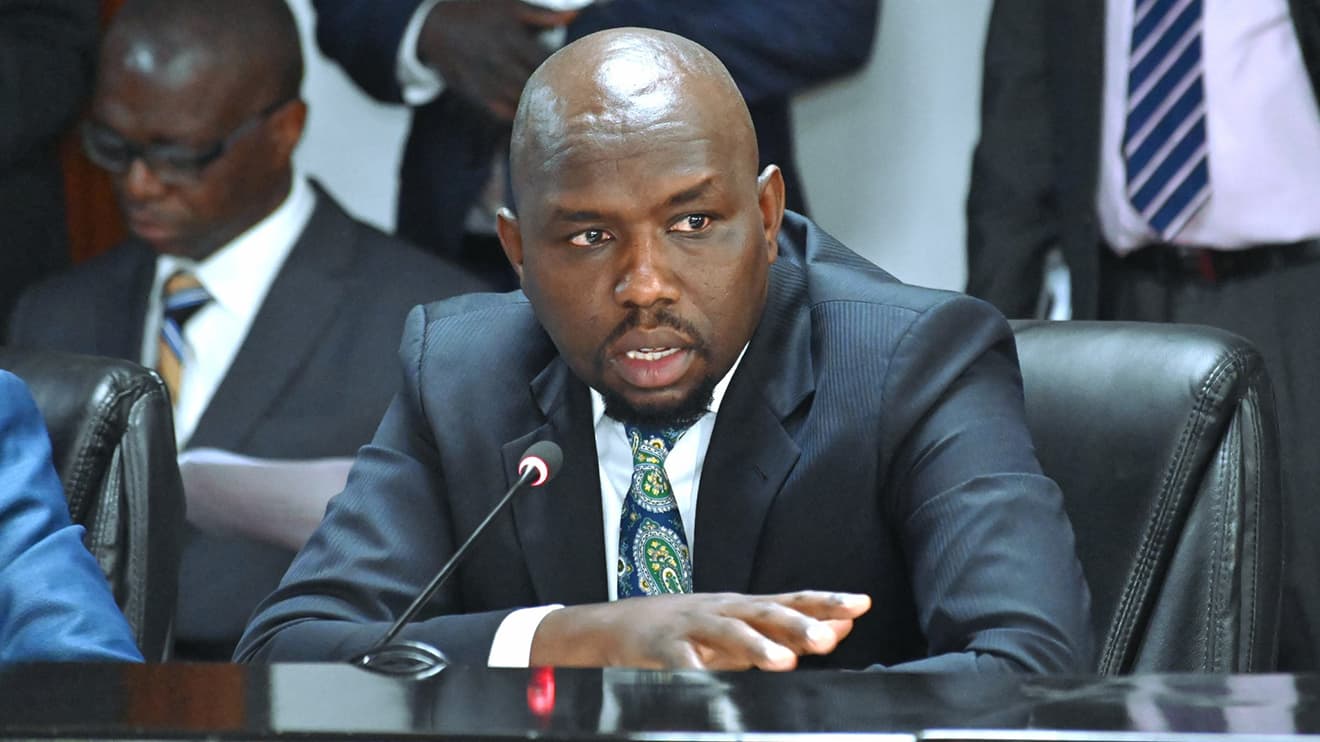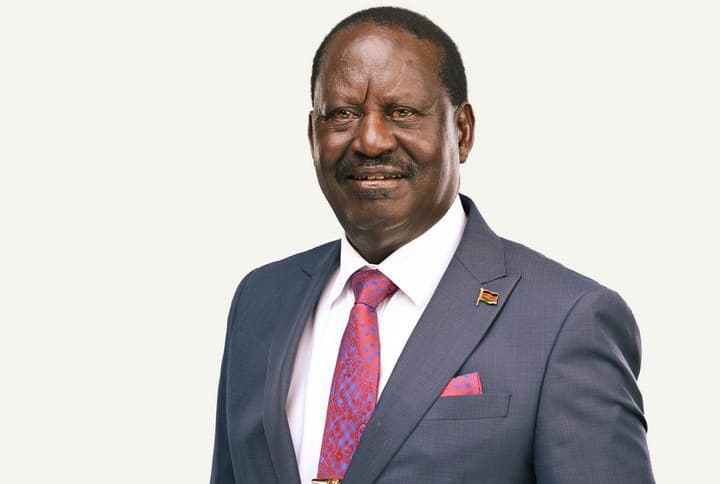We're loading the full news article for you. This includes the article content, images, author information, and related articles.
The decision by Kenya African National Union (KANU) Chairman Gideon Moi to collaborate with President William Ruto has triggered significant political realignments, particularly within the vote-rich Rift Valley region, signaling a potential shift in national political dynamics.

In a significant political development, Gideon Moi, Chairman of the Kenya African National Union (KANU), has aligned himself with President William Ruto, agreeing to work within a broad-based government arrangement. This alliance, publicly announced on Friday, October 10, 2025, at Moi's Kabarak residence in Nakuru County, follows a meeting between the two leaders at State House, Nairobi, on Wednesday, October 8, 2025. The move has been described by analysts as a calculated shift reflecting pragmatism and regional balancing in Kenyan politics.
The collaboration comes after Moi's decision to withdraw from the Baringo senatorial by-election, a seat he previously held from 2013 to 2022. President Ruto stated that his engagement with Moi and KANU is driven by a commitment to unite Kenyans and accelerate the national transformation agenda, emphasizing that the partnership focuses on national interest over political affiliations.
The alliance between Gideon Moi and President Ruto marks a notable turn in their long-standing political rivalry, particularly for dominance in the Rift Valley. For years, the two leaders vied for control of the Kalenjin vote, with Moi often opposing Ruto's political ascent. In the 2022 general elections, Moi supported Raila Odinga's presidential bid under the Azimio la Umoja coalition, while Ruto led the Kenya Kwanza coalition to victory.
KANU, founded in 1960, played a crucial role in Kenya's struggle for independence and was the dominant political party for nearly 40 years after 1963, under the leadership of Jomo Kenyatta and later Daniel arap Moi. Gideon Moi, the youngest son of former President Daniel arap Moi, has been the party leader of KANU, aiming to rebuild its influence in Kenya's evolving political landscape.
Political analysts suggest that this alliance could significantly consolidate the vote-rich Rift Valley region behind the current administration. Prime Cabinet Secretary Musalia Mudavadi welcomed the cooperation, viewing it as a strategic advantage for Ruto's 2027 re-election campaign and a signal of unity and inclusive politics. However, the move has also sparked discontent within KANU ranks, with some members feeling betrayed by Moi's sudden withdrawal from the Baringo senatorial race.
Former Deputy President Rigathi Gachagua has expressed concerns, alleging that the alliance between Ruto and Moi is a calculated move against the Mt Kenya region, accusing Ruto of promoting tribalism. This highlights the complex ethnic and regional dynamics that continue to shape Kenyan politics. The Rift Valley, a multi-ethnic region, has historically been a crucible of intercommunal conflicts, often coinciding with electoral cycles.
While the alliance is framed as a move towards national unity, the specific terms of the agreement and the benefits for KANU and the Moi family remain a subject of public discussion. Some reports suggest that the deal involves protection for the Moi family's business interests, which have reportedly faced challenges under the current administration. Interior Cabinet Secretary Kipchumba Murkomen, however, presented Moi's withdrawal as political wisdom and part of preparations for the 2027 general elections.
The internal divisions within KANU following Moi's decision also raise questions about the party's future direction and its ability to maintain its identity within the broader government. The long-term impact on the political landscape of the Rift Valley, and whether this alliance will truly foster lasting unity or merely serve as a temporary strategic alignment, remains to be seen.
Observers will be keenly watching for any executive reorganizations that might see KANU stalwarts appointed to government positions, as indicated by President Ruto's intention to bring more hands on board. The political implications for the 2027 general elections, particularly in the Rift Valley and the broader national political chessboard, will also be a key area of focus. The response from other political figures and regional blocs to this new alliance will further shape Kenya's evolving political narrative.
Keep the conversation in one place—threads here stay linked to the story and in the forums.
Sign in to start a discussion
Start a conversation about this story and keep it linked here.
Other hot threads
E-sports and Gaming Community in Kenya
Active 9 months ago
The Role of Technology in Modern Agriculture (AgriTech)
Active 9 months ago
Popular Recreational Activities Across Counties
Active 9 months ago
Investing in Youth Sports Development Programs
Active 9 months ago
Key figures and persons of interest featured in this article

Cabinet Secretary for the Interior and National Administration

Deputy President of Kenya (2022–2024)

1st President of Kenya (1964–1978)

Leader of the Opposition

Party Leader, KANU